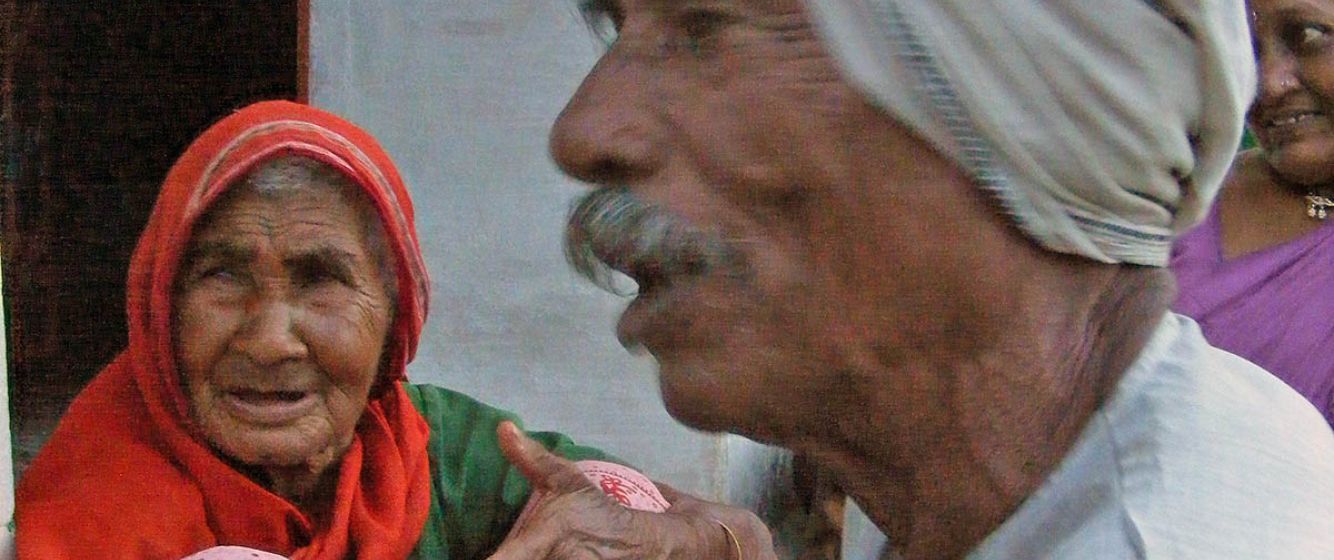
From Forest to Town
Narratives of Transformation of the Commons in Central India
The ‘transformation of the commons’ in the forests and river valleys of Central India is the story of the intensive settling of the Gond tribal territories after the Bombay-Calcutta railway made its way through this region in 1871.
Here, in the central Narmada Valley and the Satpura hills of Madhya Pradesh state, the expansion of settled agriculture and establishment of farming villages, market towns and military cantonments through a legacy of in-migration is still remembered by trading and farming communities. These are paralleled by memories from local tribal (Korku and Gond) and low caste (Basor and Rajhar) communities, who find themselves in the centre of the development-displacement conundrum. Oral histories reveal how daily life and livelihoods in these regions has a strong element of subaltern knowledge praxis, which is often overlooked by research and policy institutions.
Centred at the century old railway junction of Pipariya, now the fastest growing town of the region, the study uses community based ethnography and memory narratives to co-create local history and knowledge. Including elements of natural, tangible and intangible heritage – (for example, memories of forgotten buildings in the forest, to songs reflecting new collective experiences like railways, seasonal labour migration, food and brews among others) – the study attempts to provide a conceptual context that could indicate ways in which private experiences can be seen to be relevant to the broader public arenas in which education and research is engaged. This project will connect with a number of grassroots initiatives by farming, farm labour and tribal communities, and collect and digitise their narratives, histories and artefacts to build an archive of lived history and the heritage of rural life in a district of central India.

